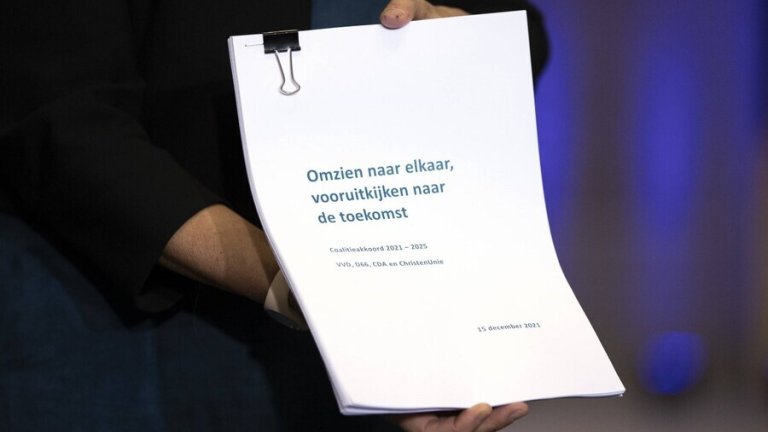In line with the mission of Amsterdam Reproduction and Development, we work towards increasing knowledge about human reproduction and development from gamete to adult in order to improve the health of future generations. Our work, however, does not end with gaining new scientific insights. Rather, many Amsterdam Reproduction and Development investigators actively strive to translate their scientific findings into policy and practice. The coalition agreement that was presented on December 15th exemplifies how fundamentally important reproduction and development are to building healthier and more sustainable generations in the future.
The agreement that forms the basis for policy in the Netherlands aims to build a better future for the entire Kingdom of the Netherlands. It explicitly mentions to include more investments in sex education, and support of pregnant women through general practitioners, the reimbursement of the non-invasive prenatal test (NIPT) and the 20 week ultrasound scan for all pregnant women to facilitate reproductive autonomy and increase equal access to prenatal screening. There will be more research funding into unintended pregnancies as well as prevention of obesity and cancer in children. Also, it will continue and intensify its investments in prevention and will broaden the prevention agreement to include mental health of youth. Furthermore, the agreement describes the ambition to achieve the healthiest generation in 2040 through investments in youth, prevention and the first 1000 days of life and the continuation and elaboration of the Promising Start program.


